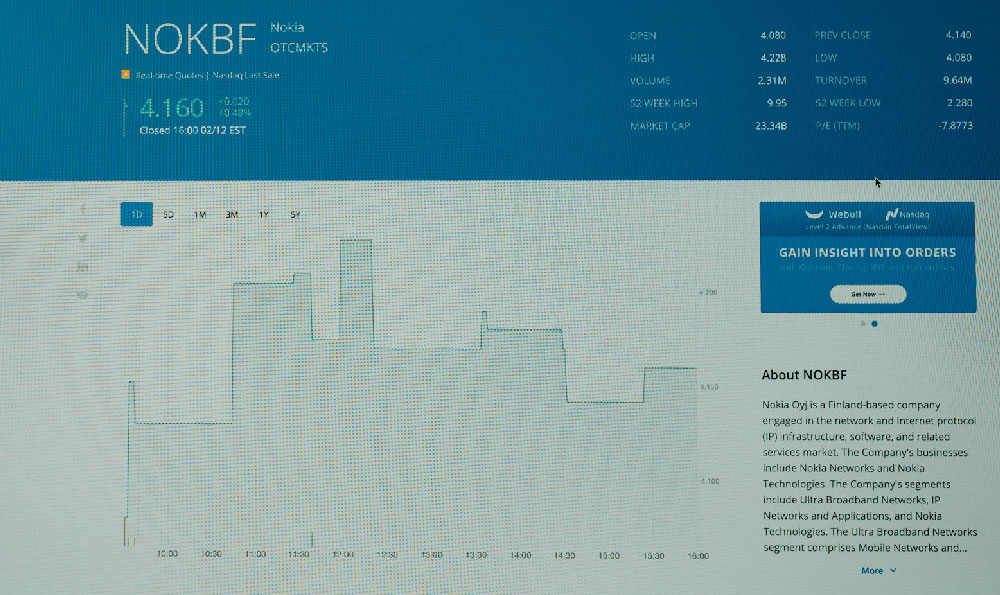Investing in Founders Fund, a venture capital firm known for its early investments in companies like Facebook, SpaceX, and Airbnb, is a goal for many investors. However, gaining access to such a prestigious fund is notoriously difficult and typically reserved for institutional investors, high-net-worth individuals, and those with very strong connections within the venture capital industry. Direct investment in Founders Fund is not usually possible for the average retail investor. The fund structure itself makes this almost impossible. Venture capital funds are structured as limited partnerships, pooling capital from a relatively small group of investors who are accredited and often have substantial existing portfolios. This structure is due to the inherent risk and illiquidity associated with investing in early-stage companies. These companies are typically private, meaning their shares are not traded on public exchanges, and investments can be locked up for several years (often 7-10 years) before any returns are realized.
Despite the difficulty in directly investing, there are alternative avenues to indirectly benefit from the success of venture capital firms like Founders Fund or gain exposure to similar high-growth potential companies. One potential avenue is to invest in publicly traded companies that themselves invest in venture capital funds or early-stage companies. While not a direct investment in Founders Fund, some larger corporations or investment holding companies may have venture capital arms or partnerships that provide exposure to similar types of investments. Thorough research is essential to identify such companies and assess the extent of their venture capital activities, understanding that the performance of the overall company will not be solely determined by these investments.
Another indirect approach involves investing in venture capital trusts (VCTs) or business development companies (BDCs). VCTs, predominantly in the UK, are investment companies listed on the London Stock Exchange that invest in small, unlisted UK companies. While not directly investing in Founders Fund or companies it invests in, a VCT may offer exposure to similar early-stage, high-growth businesses, although generally on a smaller scale and within a specific geographic region. These investments typically come with tax advantages, but also carry significant risk due to the illiquidity and volatility of the underlying investments. BDCs, primarily in the US, operate similarly by investing in small and medium-sized businesses. Publicly traded BDCs provide a more liquid way to access the private equity market, but careful due diligence is crucial. You need to evaluate the BDC's investment strategy, management team, and fee structure, as well as its historical performance, before investing. BDCs may also have higher expense ratios compared to traditional investment funds.

AngelList is a platform that connects startups with accredited investors. While not a direct investment in Founders Fund, AngelList allows you to invest in individual startups, sometimes even alongside prominent venture capital firms. This option requires significant due diligence and a high degree of risk tolerance, as the vast majority of startups fail. It is essential to carefully evaluate each investment opportunity, understand the startup's business model, market potential, and competitive landscape, and assess the strength of its management team. Furthermore, investments made through AngelList are typically illiquid, meaning you may not be able to sell your shares easily or quickly.
Fund of funds provides another option, though it is often targeted at institutional investors or high-net-worth individuals. A fund of funds invests in multiple venture capital funds, offering diversification across a portfolio of venture capital investments. This approach can reduce the risk associated with investing in a single venture capital fund, but it also comes with additional layers of fees and may dilute potential returns. To access these funds, you'll likely need to meet specific accreditation requirements and be prepared for a substantial minimum investment.
Networking and building relationships within the venture capital community can be invaluable. Attending industry events, connecting with venture capitalists on professional networking platforms, and actively engaging in the startup ecosystem can help you gain insights and potentially uncover investment opportunities. While this approach may not lead to direct investment in Founders Fund, it can increase your understanding of the venture capital landscape and potentially open doors to other investment options.
Before pursuing any of these investment strategies, it's crucial to assess your financial situation, risk tolerance, and investment goals. Venture capital investments are inherently risky and illiquid, and they should only be considered as part of a well-diversified investment portfolio. It is essential to consult with a qualified financial advisor who can help you assess your suitability for these types of investments and develop a personalized investment plan. Understand that investing in venture capital, directly or indirectly, is a long-term game and requires patience, discipline, and a thorough understanding of the risks involved. Due diligence, thorough research, and professional advice are paramount to making informed investment decisions and maximizing your chances of success. Remember that past performance is not indicative of future results, and there is no guarantee that any investment will generate a positive return.












